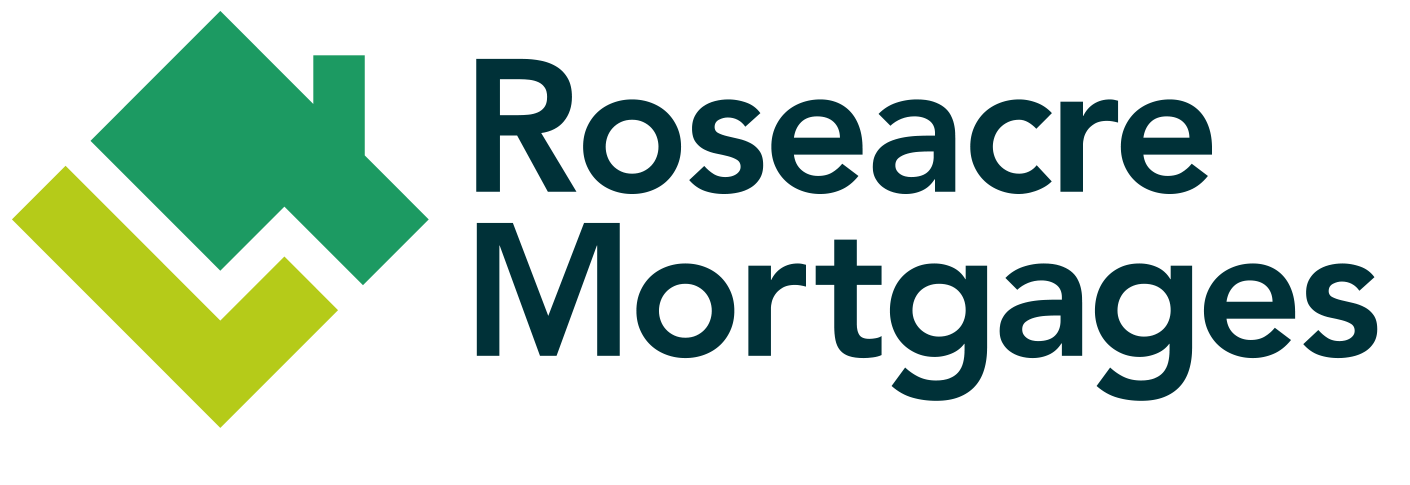Being self employed can mean it is challenging to get accepted for a mortgage. This is especially true when you haven’t been self-employed for long. It is therefore important to do everything you can to improve your chances of a successful application and getting the right advice is crucial.
This guide will provide insights into the essential elements for successful self-employed mortgage applications.
Understanding mortgage basics for the self-employed
Mortgage lenders generally offer four or five times your annual earned income as the maximum mortgage amount. Mortgage rates may be higher if your credit rating is less than good or the amount of equity/deposit is less than 40%.
Whilst there are some mortgage products specifically for the self-employed, they are also eligible for mainstream mortgages.
Challenges of getting a mortgage as self-employed
Self-employed mortgage requirements tend to be stricter, specifically when it comes to proving income. The biggest hurdle is that self-employed income can fluctuate annually and may decline.
Lenders need to establish a steady and regular income, or they will be reluctant to lend the amount required for a mortgage.
Self-certification mortgages used to be an option. These allowed borrowers to tell lenders their earnings without proof. It was open to abuse and has now been banned.
Preparing a strong mortgage application
Preparing for a self-employed mortgage application means starting early. Lenders will require:
- Two years of tax returns including the SA302 year-end tax calculations and overviews
- Two or more years of accounts certified by a chartered accountant
- Credit report from Experian, Equifax, or TransUnion
- Business bank account statements to show that current business turnover matches or exceeds the most recent year’s trading accounts
Your business bank statements need to show a regular inflow of cash, ideally more than the related expenditure. You should also do the same for your personal bank statements, as it shows that you can afford the mortgage.
Choosing the right mortgage deal
Mortgages normally fall into one of these two categories:
- Fixed-rate: the interest rate is fixed for a set period, over 2, 3 or 5 years. It provides certainty
- Tracker rate: the interest rate is set at a specific percentage above the Bank of England rate, if the BoE rate moves, so will your interest rate. These products usually come without early repayment charges (check with your adviser) but the rates are usually higher than you could achieve with a fixed rate deal.
The mortgage application process for self-employed
Use the affordability calculator on our website and verify how much you could borrow for a mortgage, this will help you identify what property you can afford.. (why would I put this in – what is the point of consulting an adviser?)
Next, consolidate all the supporting documentation to confirm your:
- 2 years’ of finalised trading accounts
- Bank statements – last 3 months, personal and business
- Tax calculations and overviews for the two most recent tax years
- Proof of deposit
- Any upcoming contracts you think will help
You will then be ready to contact the lender and request a mortgage. Increase the likelihood of finding a good deal by talking to us first.
Tips to get Your mortgage accepted
It’s impossible to guarantee your application will be accepted. The following can help.
- Check your credit report – the higher the credit score the better and the lower the outstanding balances and monthly payments on credit cards, personal loans and hire purchase agreements, the better
- Avoid applying for credit in the run-up to a mortgage application
- Make sure you’re on the electoral roll
- At least a 5% deposit (and ideally 10% deposit minimum)Have a business plan showing future prospects and growth options
- Contact a mortgage broker specialising in self-employed applicants
Mortgage lenders may ask questions, so make sure you can back up everything you’ve claimed about your personal and business finances.
Conclusion
It is possible to get a mortgage as a self-employed person. The secret is to be prepared with full documentation. This includes checking your data and credit record, anticipating and resolving issues before the lender sees them will boost your chances of success.
You’ll also find it beneficial to contact us and get independent support today.
Self-employed mortgage FAQS
1. Is it possible to get a mortgage without two years worth of accounts?
Yes, this is still a possibility. You’ll find there are fewer lenders prepared to offer this and the criteria is likely to be more stringent. They will want to see your finances, a good credit record, and a business plan to confirm the future of your business. You may also be subject to higher interest rates, although having a reasonable deposit can help with this.
2. Is it harder to get a mortgage if I’m self-employed?
The main difference is that you’ll need to have more documentation to prove your income and the security of that income. Providing you can do this the process shouldn’t be any more difficult than an employed person applying for a mortgage.
Of course, it can help to plan ahead. If lenders prefer two years or more of accounts, you can start saving to increase your deposit now while you get all the documentation in order.
3. How much can I borrow when self-employed?
Borrowing amounts vary depending on your income. Prior to the mortgage application, you can use an affordability calculator to assess what you’re likely to be able to borrow. As with any mortgage application, the real question is what can you comfortably afford to repay each month.









